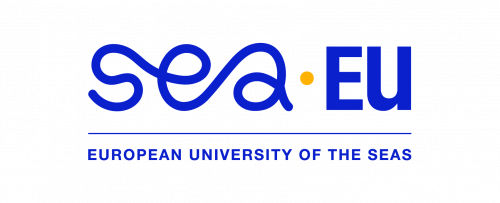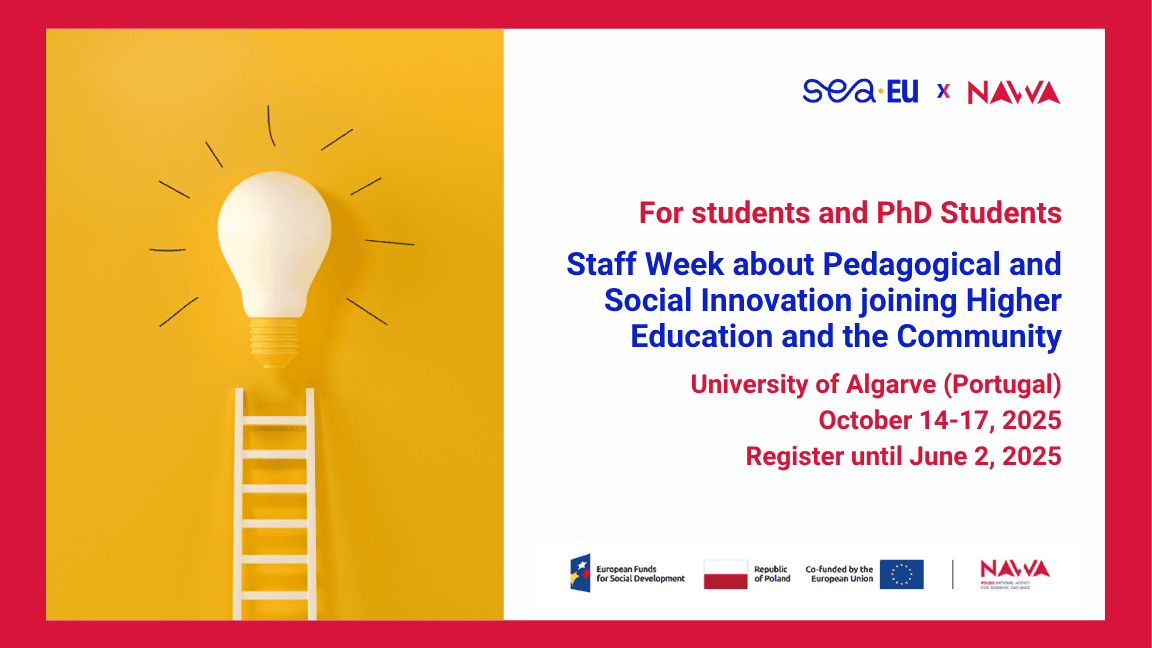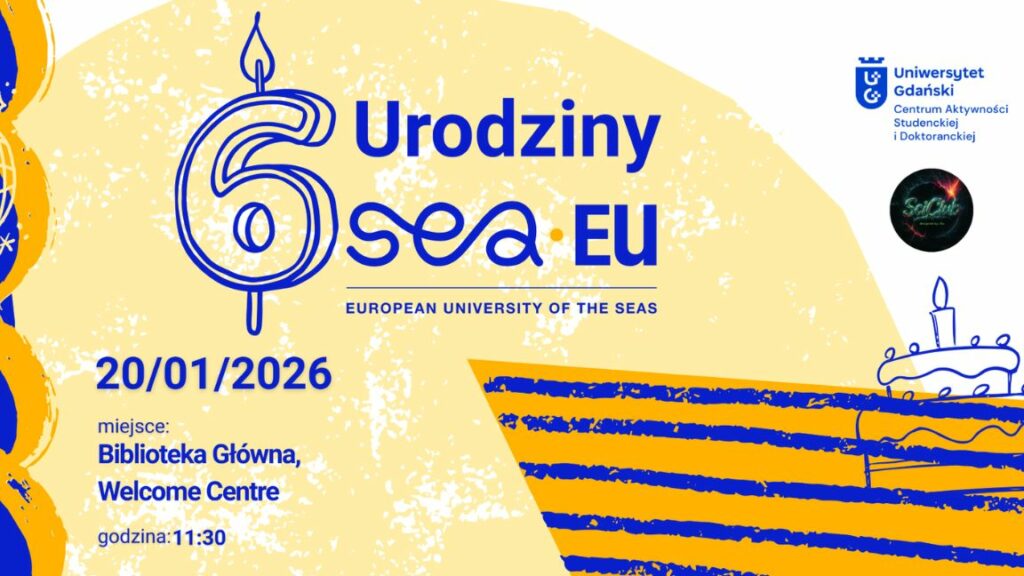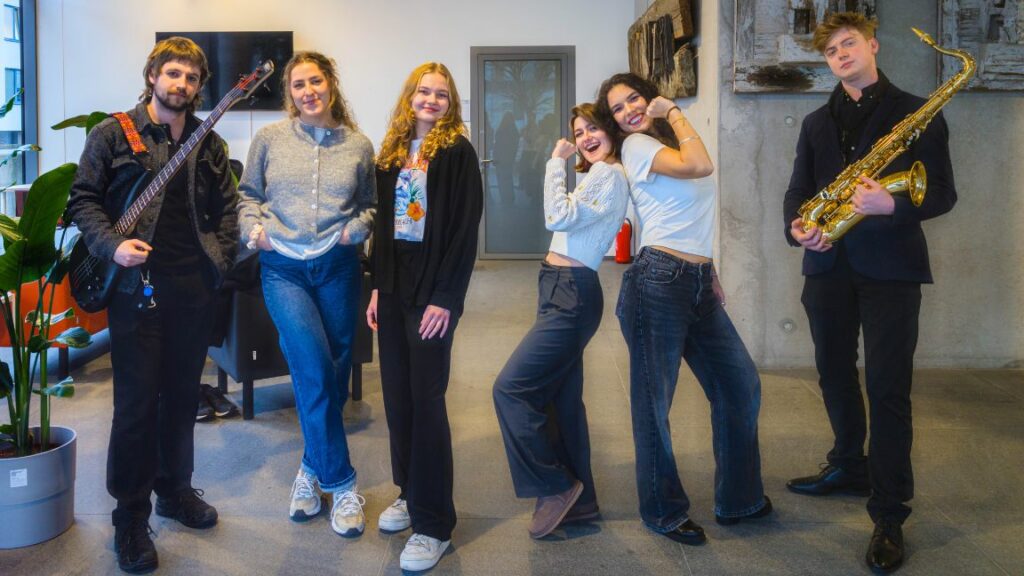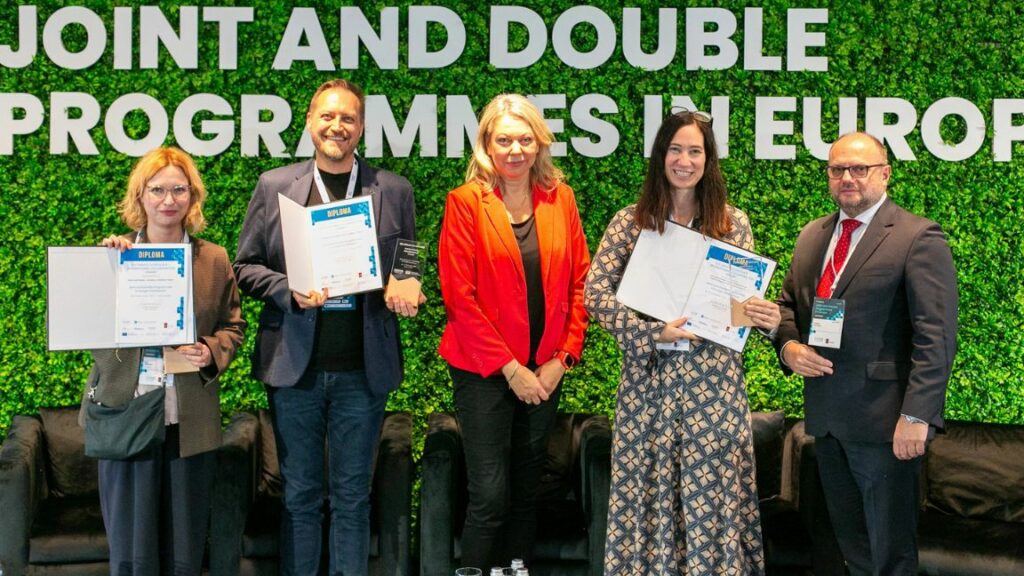Rules of recruitment for International Mobility under the SEA-nergy project
BASIC INFORMATION
Name
Staff Week „Pedagogical and Social Innovation joining Higher Education and the Community”
Purpose
The aim of the course „Pedagogical and Social Innovation joining Higher Education and the Community” is an in-depth reflection on pedagogical and social innovations, with particular emphasis on projects and activities carried out in cooperation between universities and local communities. Participants will learn the theoretical basis of these innovations, as well as practical examples from various fields of knowledge. The programme also includes a study visit to the island of Culatra, where the effects of the long-term partnership for sustainable development will be discussed.
Form and duration of the initiative
International mobility will be carried out at the SEA-EU partner university, the University of Algarve (Portugal) from 14 to 17 October 2025.
Detailed program
Set of learning outcomes (competences):
- The participant knows the basic concepts of pedagogical and social innovation and understands the role of cooperation between the university and the environment in the context of sustainable development
- Is able to analyse and implement social projects and effectively cooperate in international inter-institutional teams
- Cooperation with the international academic community
Learning outcomes:
- Knowledge:
1.1 knows the basic concepts and concepts related to pedagogical and social innovation
1.2 understands the importance of cooperation between universities and local communities,
1.3 has knowledge of the role of education in sustainable development processes - Skills:
2.1. is able to analyse and evaluate innovative projects implemented in the academic and social environment,
2.2. is able to build and develop interinstitutional partnerships,
2.3. works effectively in international and cross-sectoral teams. - Social competences:
3.1. is open to cooperation with people from different cultural backgrounds,
3.2. consciously and responsibly engages in activities for the benefit of local communities,
3.3. is able to communicate in an international environment, demonstrating flexibility and readiness to act in a changing social context.
Criteria for the assessment of learning outcomes:
| Learning Outcome | Verification criteria | Form of verification |
| knows the basic concepts and concepts related to pedagogical and social innovation | 1.1.1 can correctly define at least three key concepts of pedagogical and social innovation and indicate their practical application | Test |
| understands the importance of cooperation between universities and local communities | 1.2.1 can give at least two examples of activities or projects based on cooperation between the university and the social environment and indicate their impact on the local community. | Test |
| has knowledge of the role of education in sustainable development processes | 2.1.1 can explain how education supports the SDGs and identify specific areas where education plays a key role | Test |
| 2.1. is able to analyse and evaluate innovative projects implemented in the academic and social environment | 2.1.1 presents an analysis of the selected innovation project, indicating its objectives, solutions used and social or educational impact | Test |
| 2.2. is able to build and develop interinstitutional partnerships, | 2.2.1 is able to describe an example of the process of establishing cooperation between institutions and to identify the key elements of successful cooperation | Test |
| 2.3. works effectively in international and cross-sectoral teams | 2.3.1 actively participates in a collaborative group task/problem and shares his/her contribution to the team’s goal. | Test |
| 3.1. is open to cooperation with people from different cultural backgrounds | 3.1.1 is ready to work in an international working group, respecting cultural and communication differences. | Test |
| 3.2. consciously and responsibly engages in activities for the benefit of local communities | 3.2.1 can identify specific social activities or initiatives in which they have been involved and describe their contribution and their significance. | Test |
| 3.3. is able to communicate in an international environment, demonstrating flexibility and readiness to act in a changing social context | 3.3.1 effectively participates in discussion or group work in English, adapting the style of communication to the situation and co-participants. | Test |
REQUIREMENTS FOR THE INITIATIVE
Mobility participants
A person with the current status of an administrative employee of the University of Gdańsk as at the date of joining the recruitment process and the planned mobility may apply for recruitment for international mobility. Persons joining the recruitment process cannot apply for or carry out foreign mobility while on any leave. The declared level of English of the participant is at least B1.
Recruitment
Each person joining the recruitment process is required to fill in a special registration form Registration form: Pedagogical and Social Innovation joining Higher Education until May 29, 2025. One of the elements of the form is a cover letter justifying the choice of mobility, which should serve to improve the person’s competences in the field of professional development.
The order of funding allocation depends on the total number of points obtained – applications with a higher total score will have priority in funding allocation and will be processed according to the ranking list. Those who have submitted a complete set of required documents and meet the mobility requirements may be qualified to participate in the mobility. Funds for this purpose have been allocated for 3 people.
Recruitment is conducted in accordance with the horizontal principles outlined in § 2 point 8 of the Project Regultions. If support is needed during the recruitment process for persons with disabilities or special needs, please contact the task coordinator seaenergy@ug.edu.pl.
Recruitment criteria
| 1 | Formal criteria | Met |
| status of an administrative employee | ||
| English language baseline level minimum B1 | ||
| Complete application | ||
| Substantive criteria | Scoring | |
| 2 | Substantive evaluation of the motivation letter justifying the choice of mobility, which should be used to improve competences | 0-5 |
| 3 | Compatibility of the thematic scope of training mobility with the professional work carried out | 0-5 |
| 4 | Previous participation in a language course within the SEA-nergy project | 0/5 |
Recruitment results
The committee verifying and evaluating applications is obliged to prepare a ranking list divided into a list of qualified, reserve and non-qualified persons. All persons participating in the recruitment process will be individually informed about its results by e-mail by 03.06.2025 The list of winners will also be available on the website.
RULES FOR PROVIDING SUPPORT
Participation in the mobility for qualified employees/ pHd students of the University of Gdańsk who meet the criteria is free of charge.
Funding
Funding can be awarded for mobility in the period from 14 to 17 October 2025 plus two days for travel. The subsidy is paid in the form of a lump sum of PLN 6150. The subsidy must cover the costs of travel, accommodation and allowances. A detailed list of co-financing rates can be found on the website.
Pre-mobility documentation
Persons who will be qualified for mobility are required to complete:
- electronic pre-test, in which the participant independently assesses the level of his skills before the course,
- request for a business trip on the employee portal,
- transfer details,
- registration on the NAWA platform confirming the eligibility of the project participant,
- registration form of the organising authority.
Post-mobility documentation
Persons who end their mobility are obliged to:
- completing an electronic post-test, in which the participant independently assesses the level of their skills after the course,
- present the original certificate of residence at the partner university.
Completing the mobility
Those who complete the mobility will receive a certificate of completion of the course.
The verification of learning outcomes involves completing a post-test, in which the participant should obtain a higher number of points compared to the pretest in order to obtain a certificate of competence improvement. Both tests are solved remotely via the Microsoft Forms application.
Contact to the coordinator: seaenergy@ug.edu.pl
The initiative is implemented as part of the project „Support for synergistic and complementary activities of the SEA-EU 2.0 – SEA-nergy project”, which is part of the NAWA programme „Support for European University alliances” from the European Funds for Social Development
